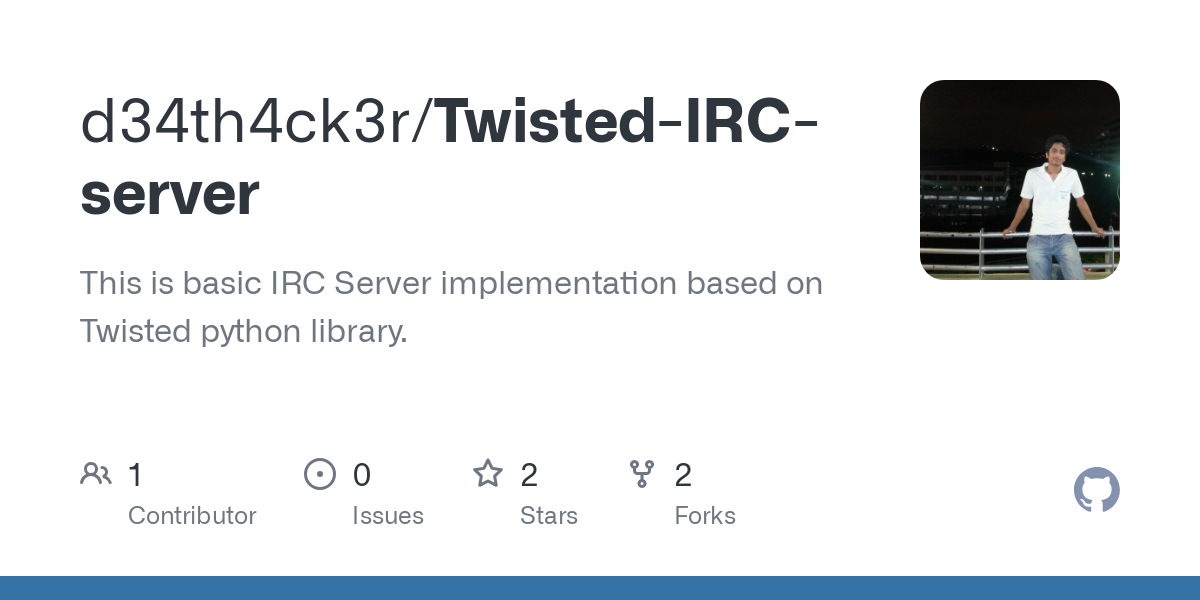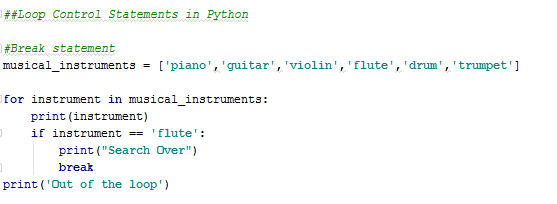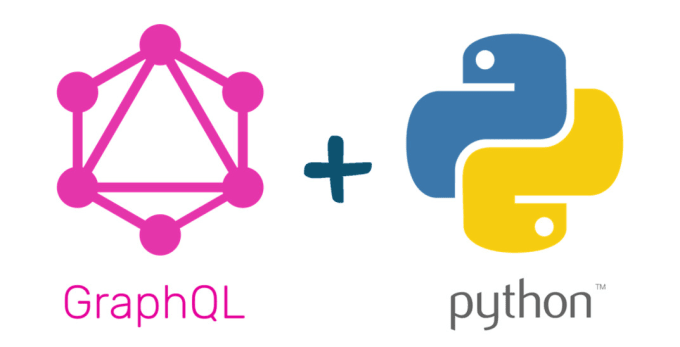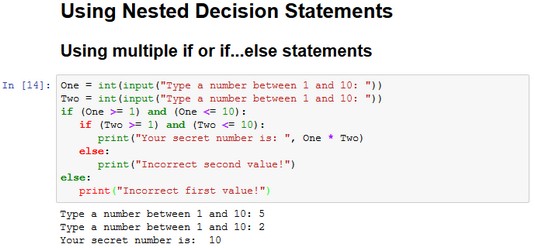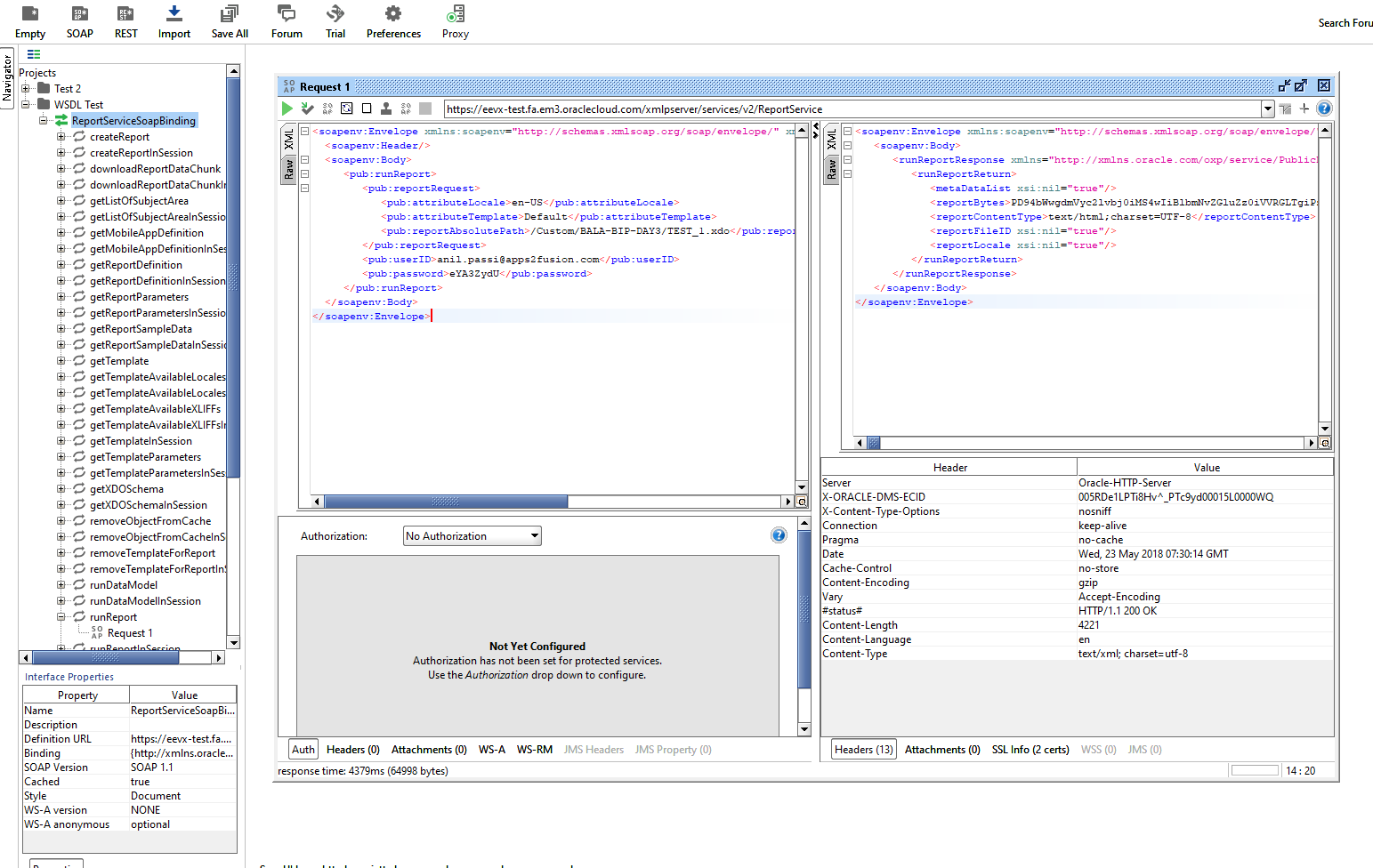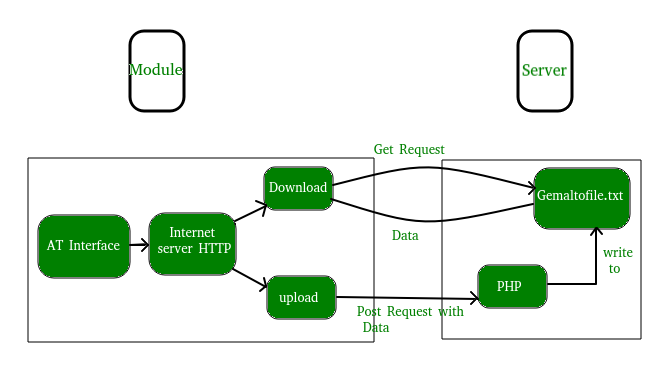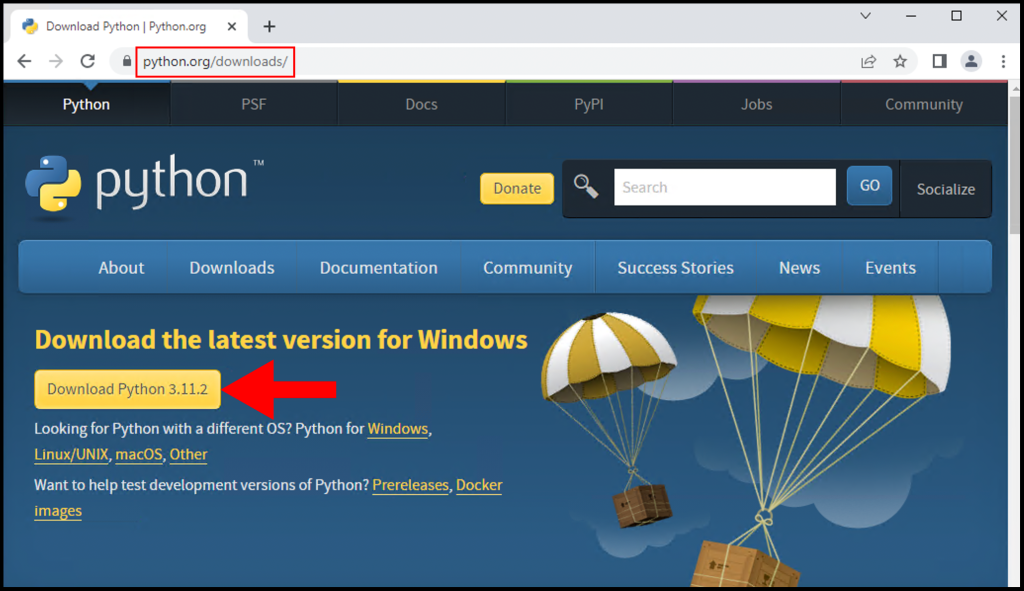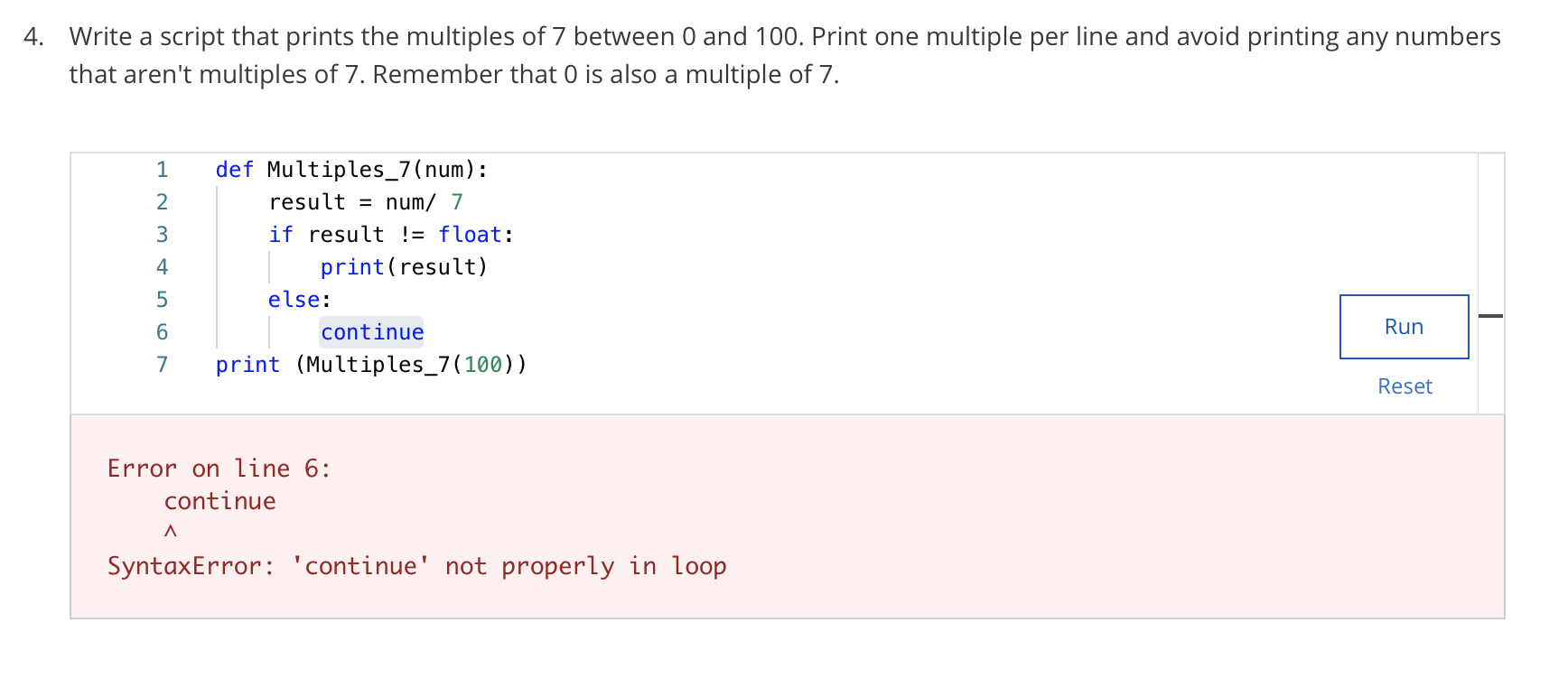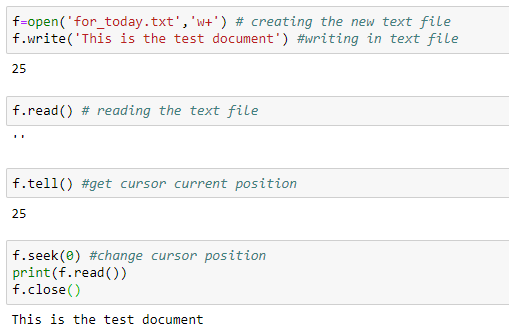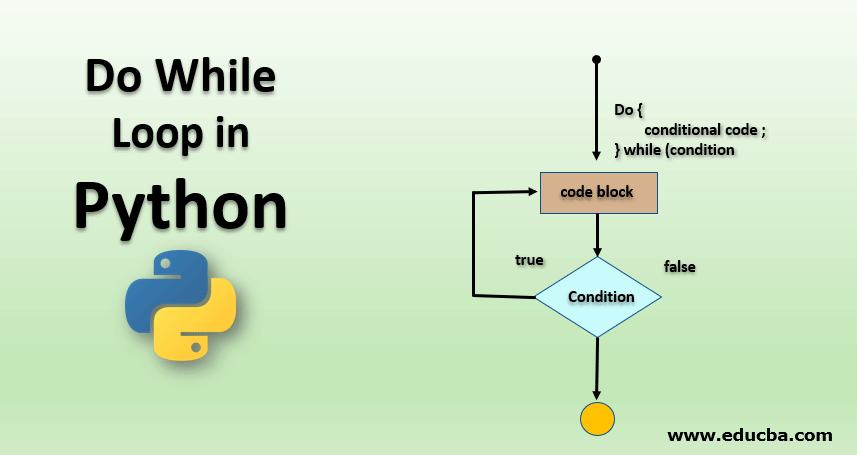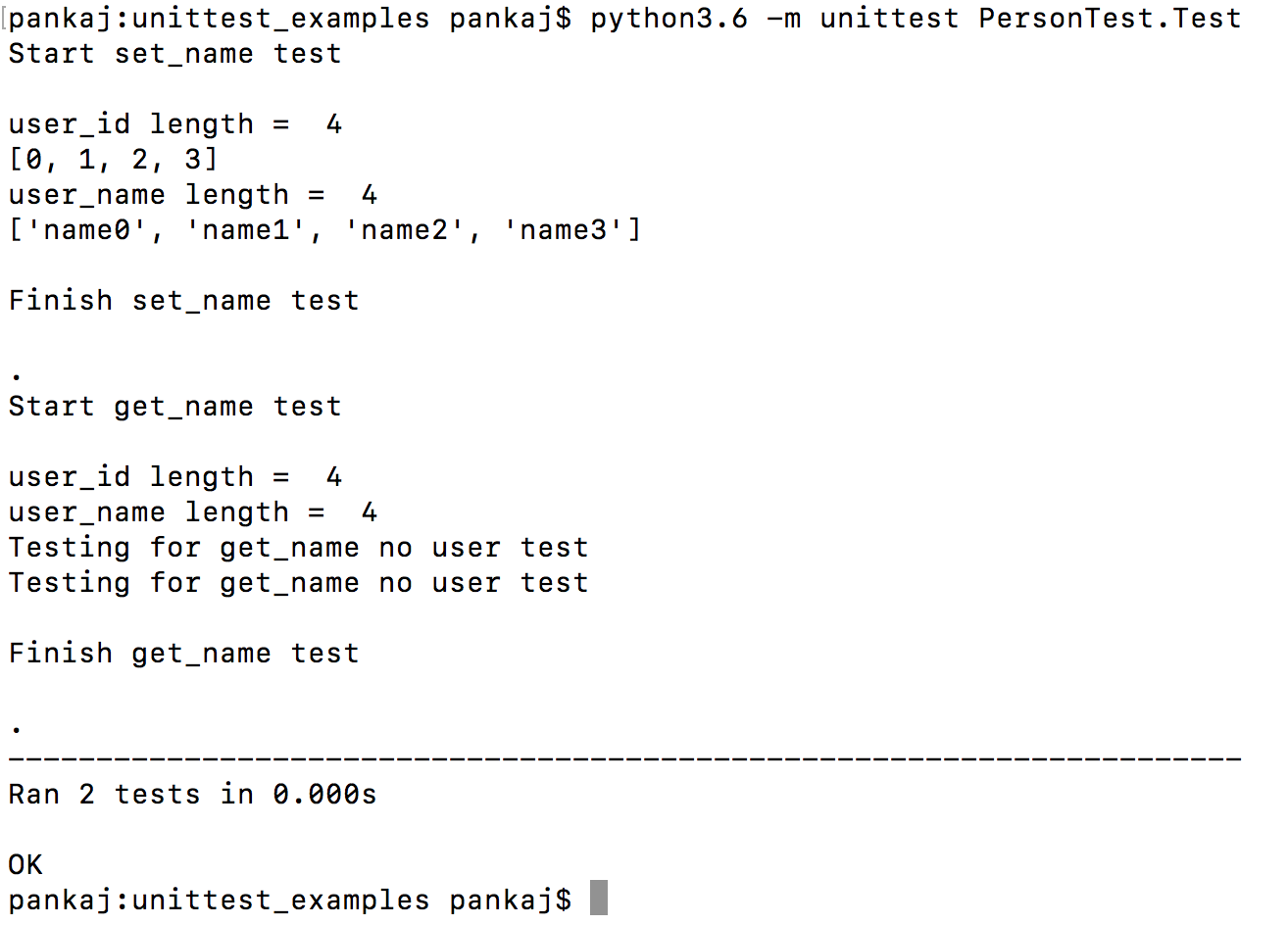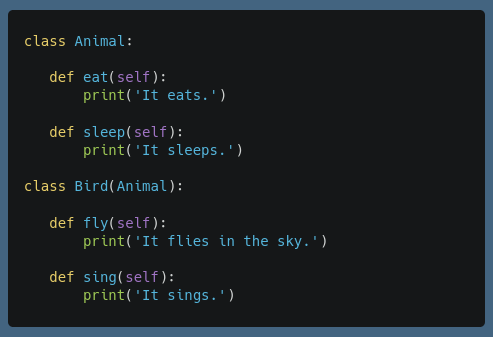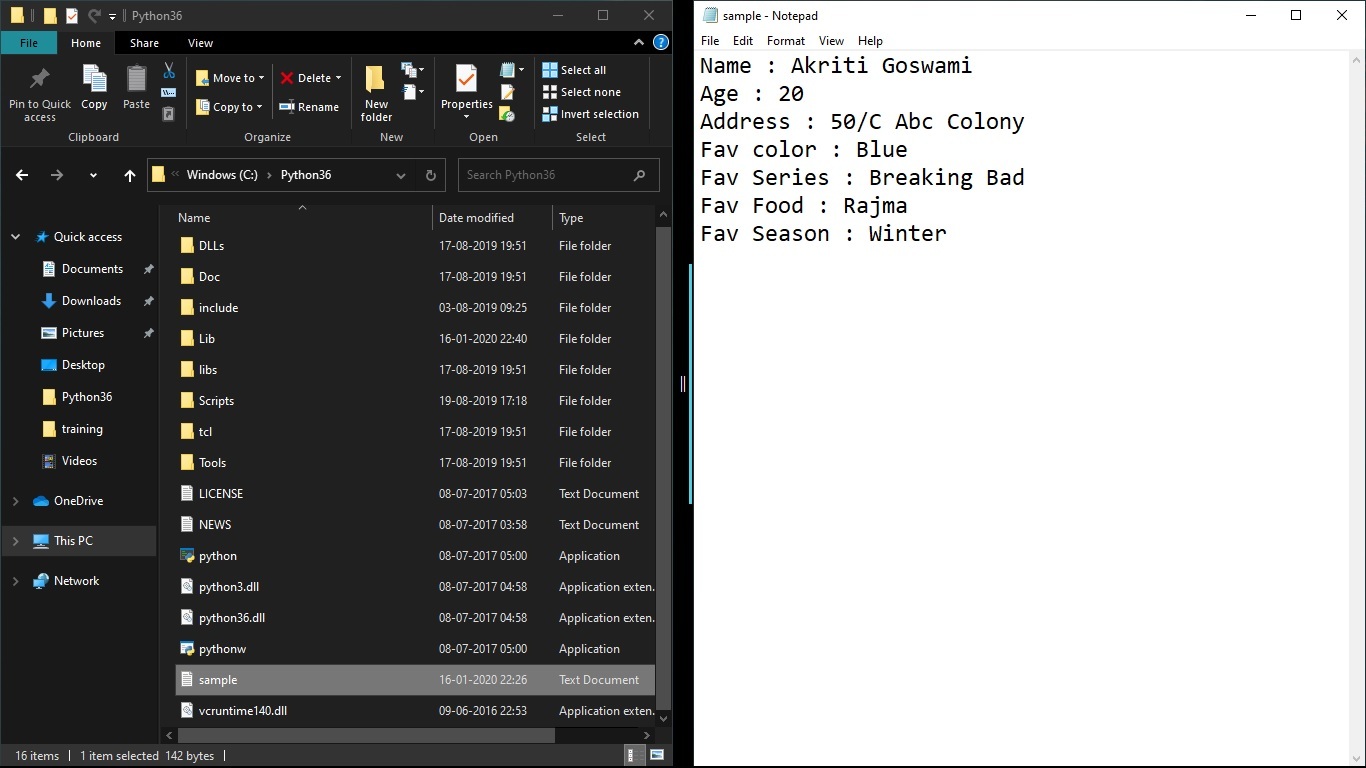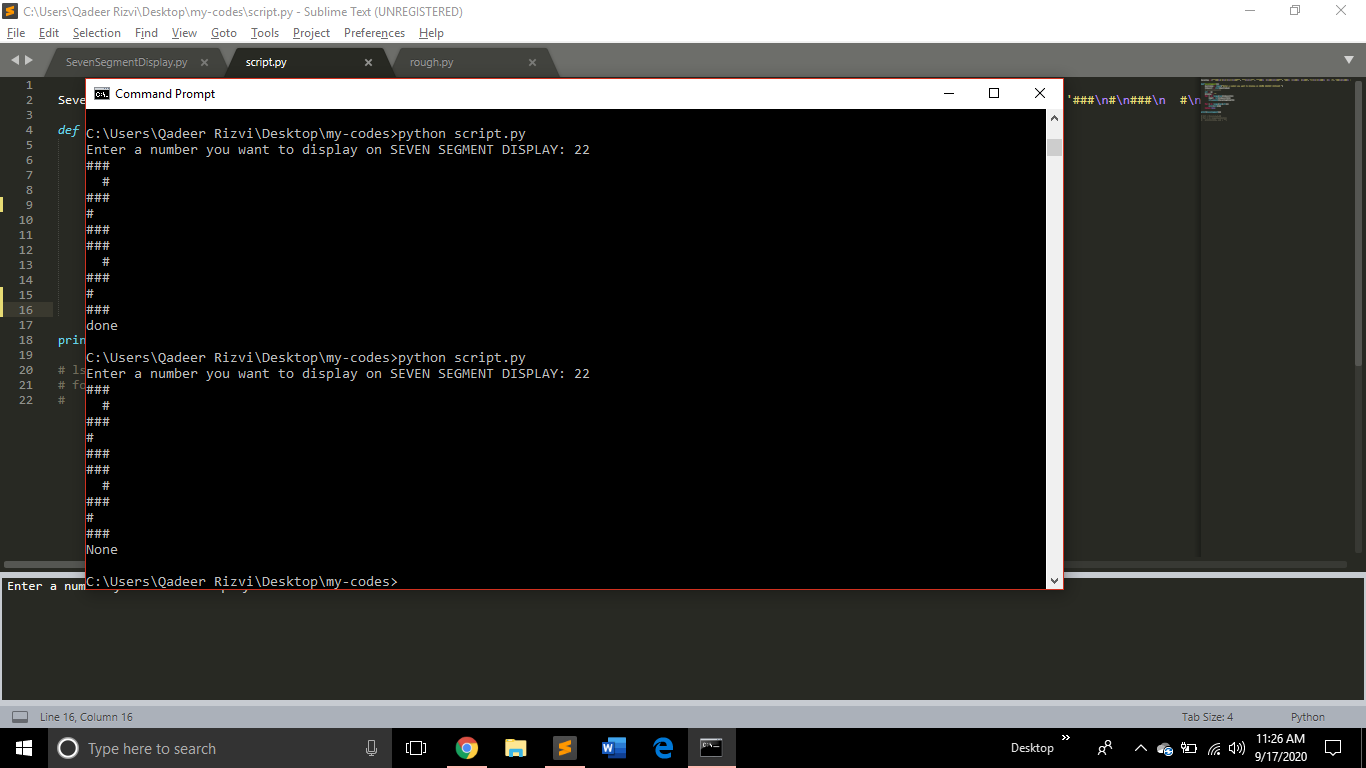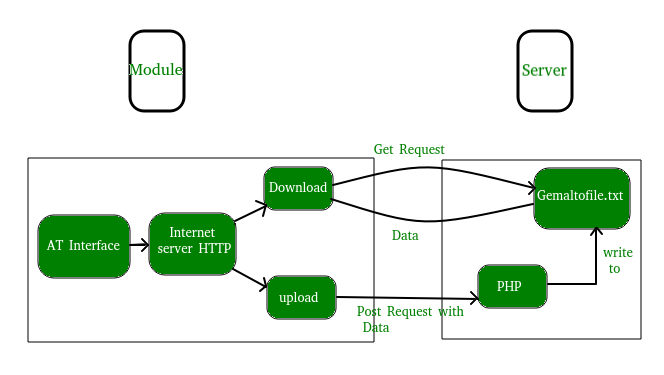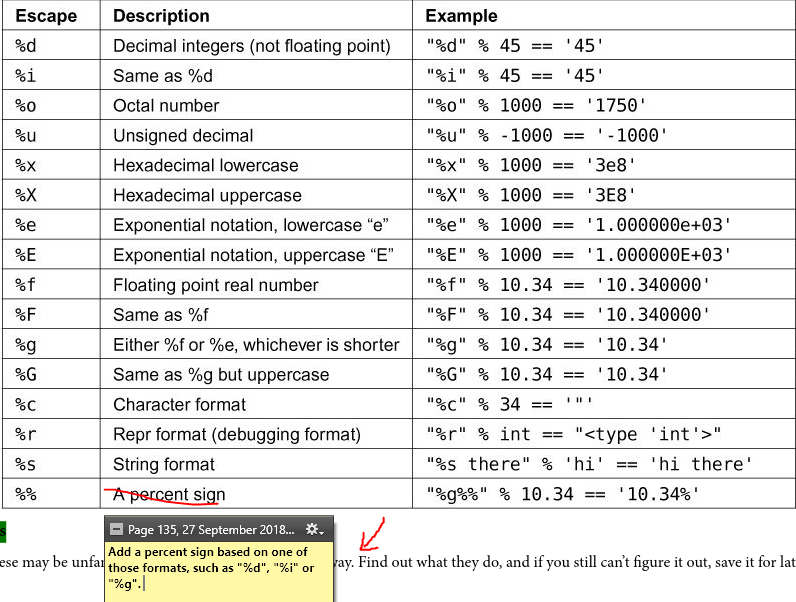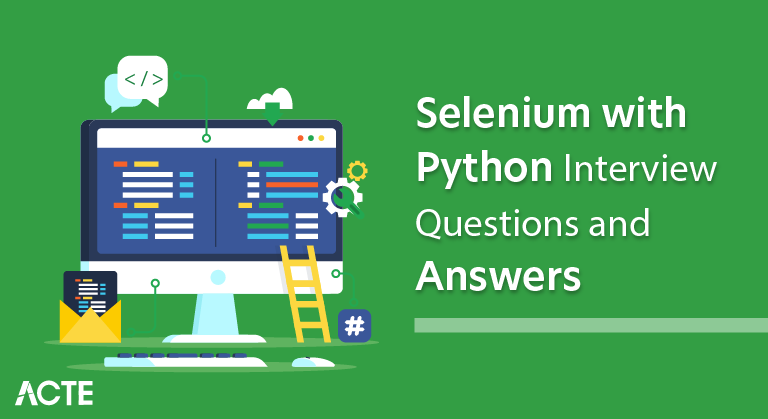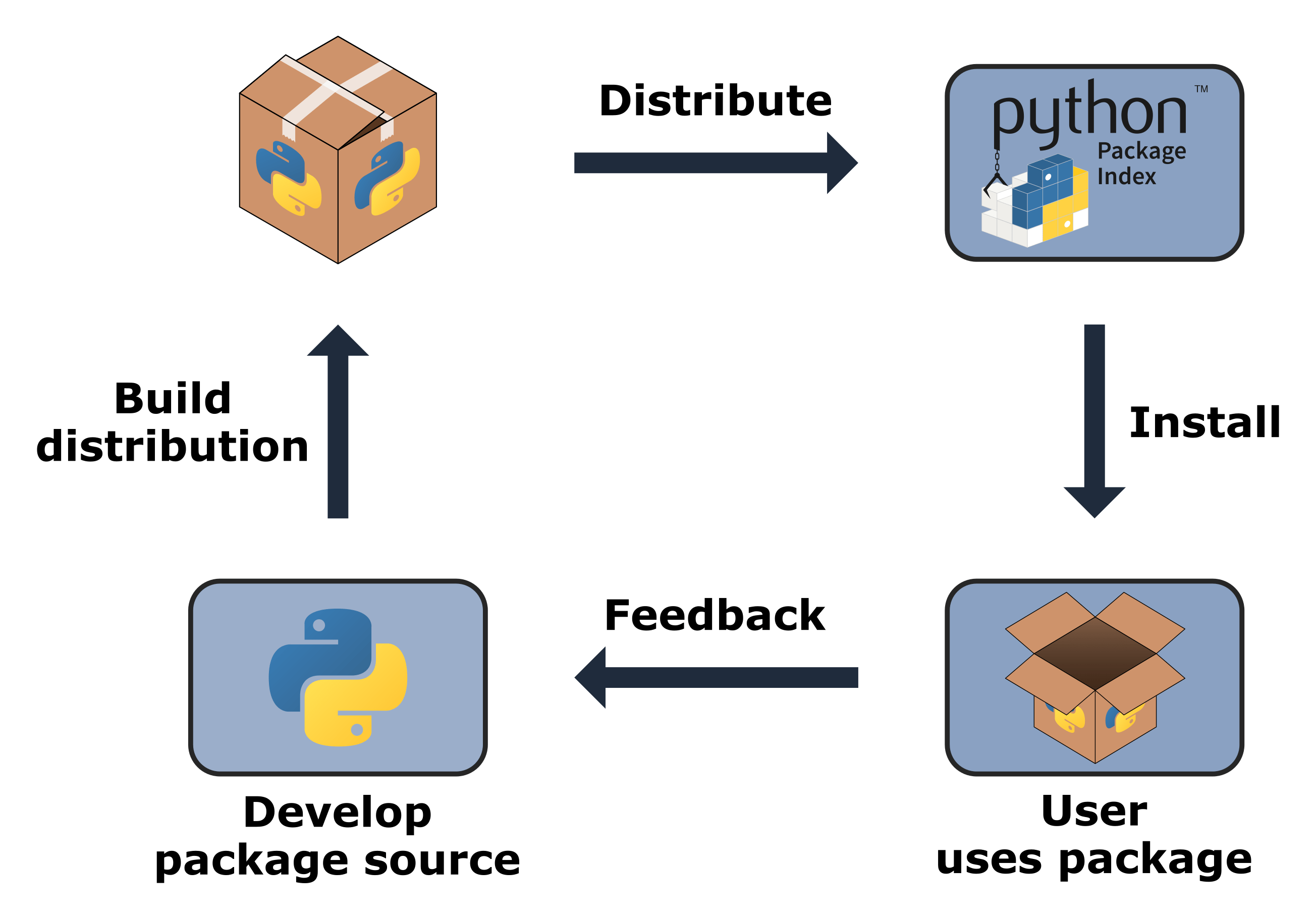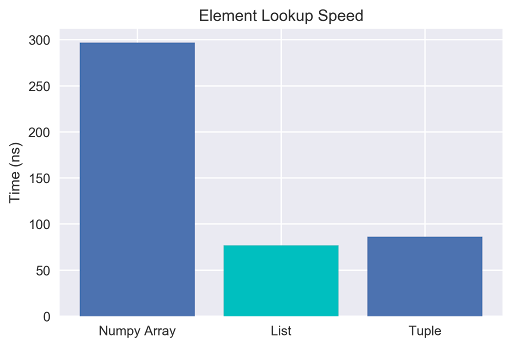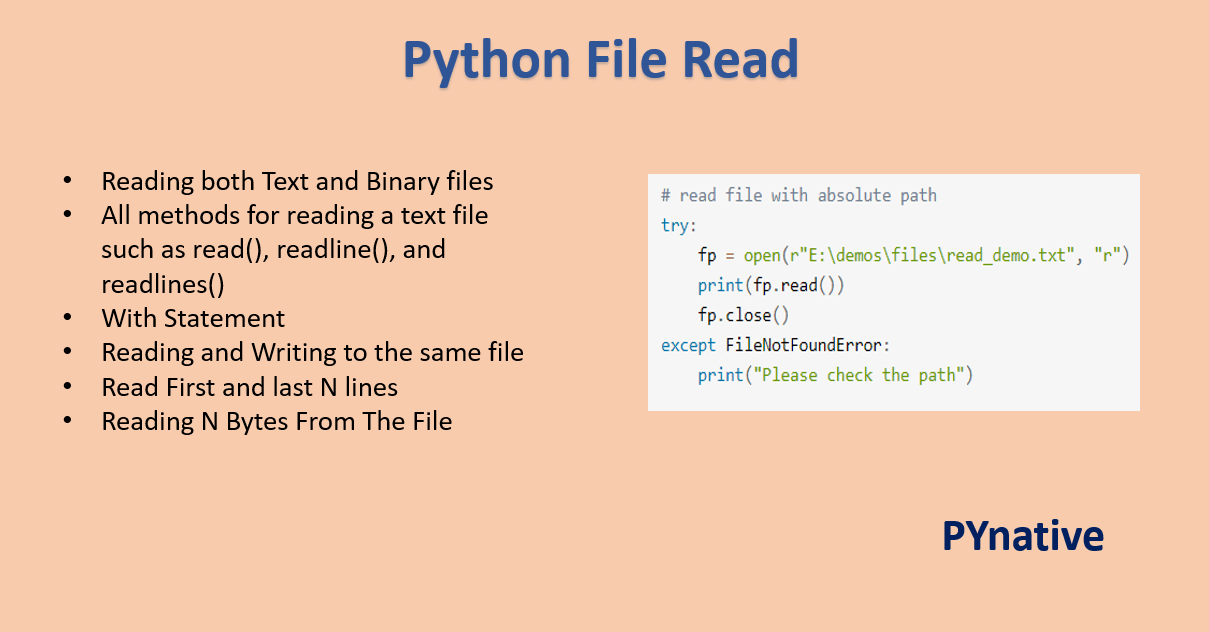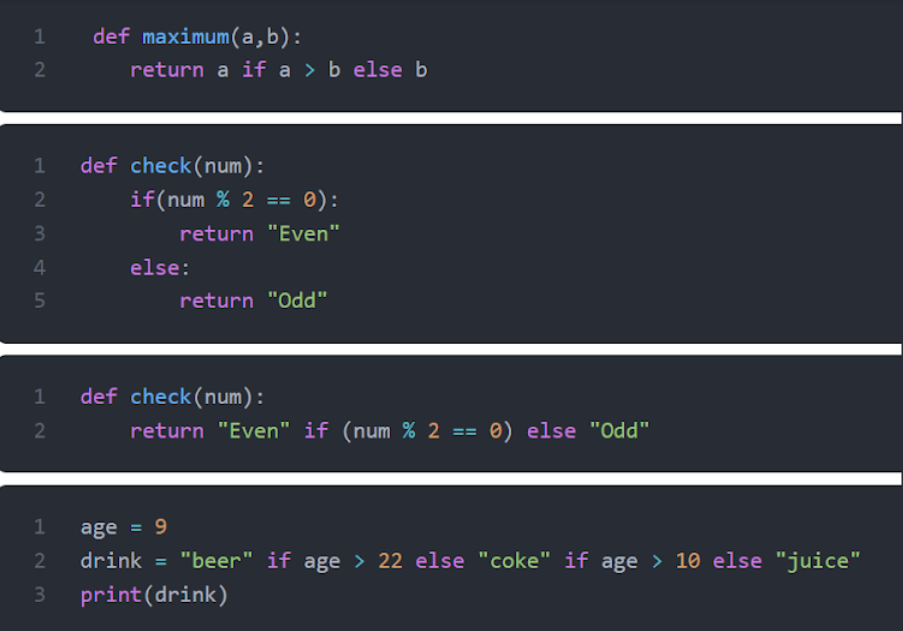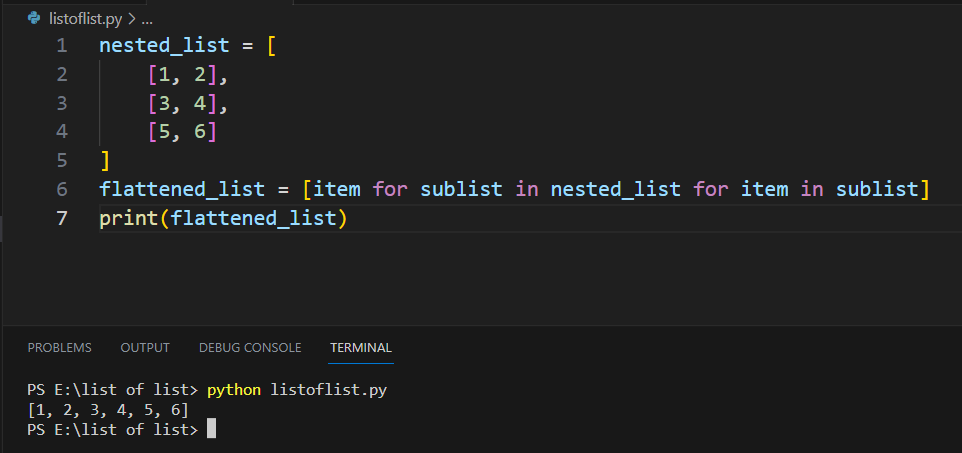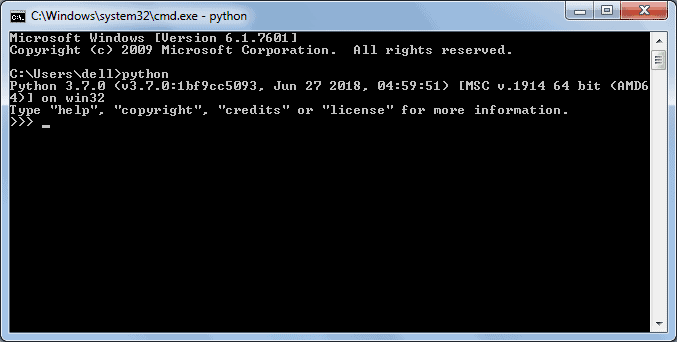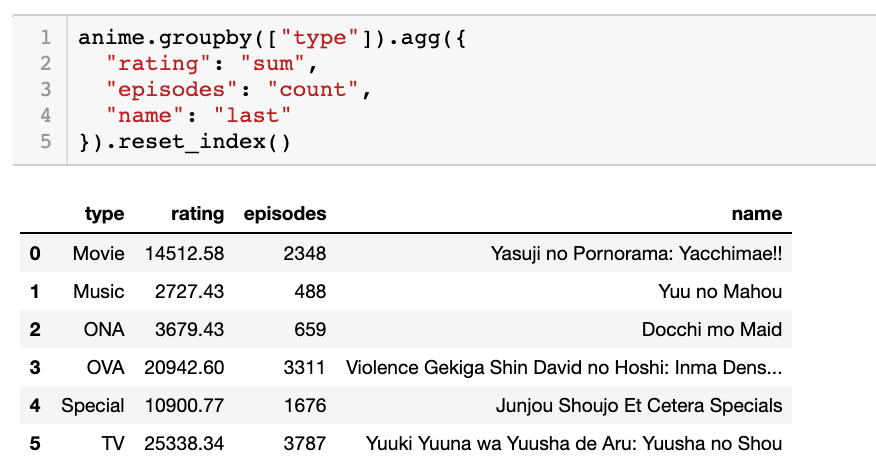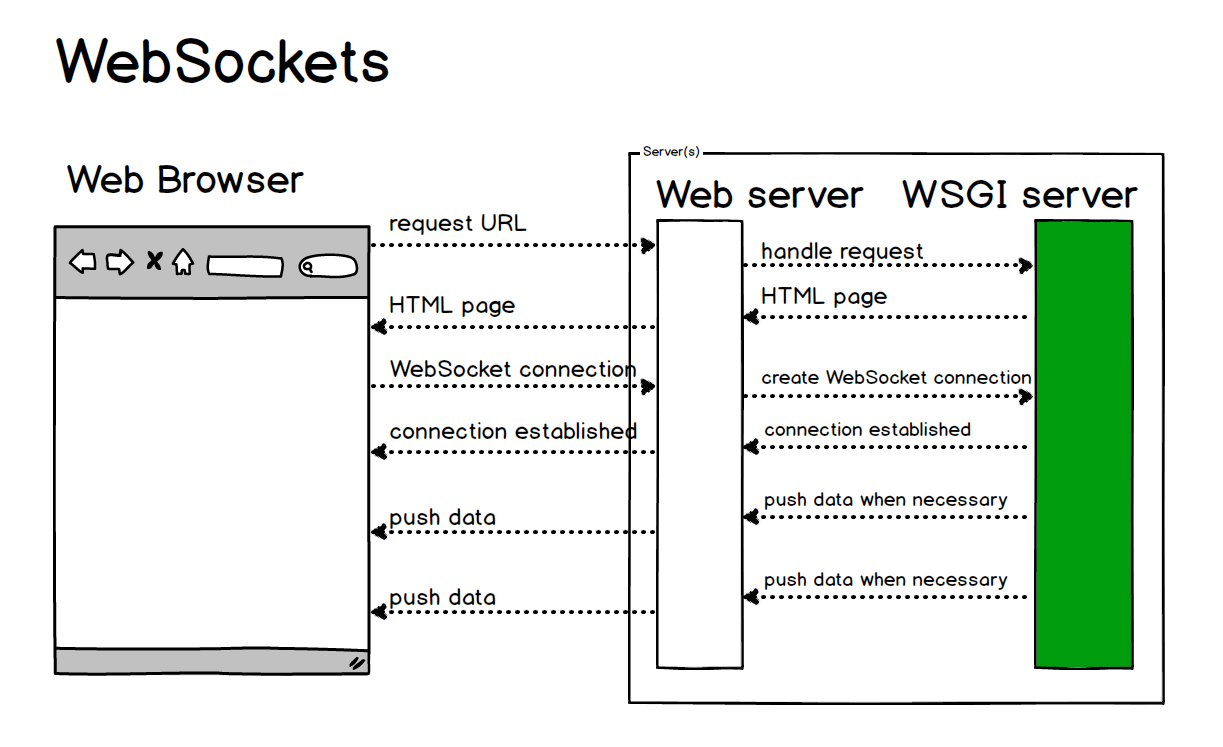What is gensim used for in Python?
What is gensim used for in Python?
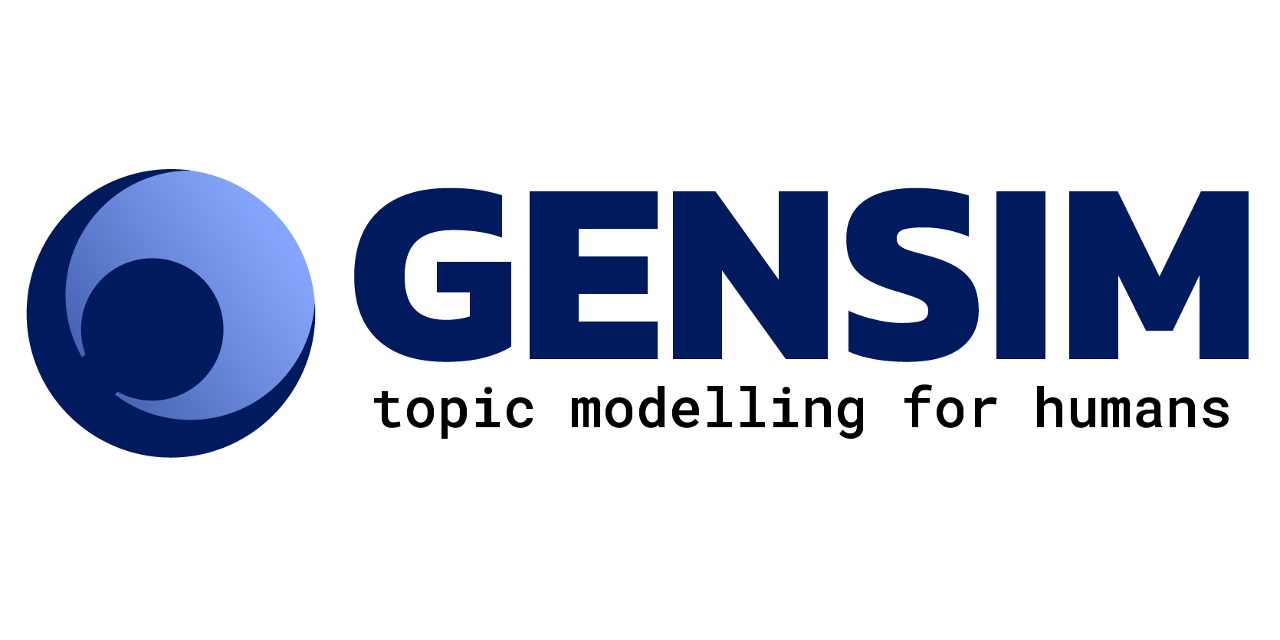
Gensim (Generalized Vector Space Model) is a popular open-source Python library for building topic models and performing document similarity analysis. It's widely used in natural language processing (NLP) tasks, such as text classification, sentiment analysis, information retrieval, and topic modeling.
One of the primary applications of Gensim is topic modeling, which involves identifying hidden topics or themes within a large corpus of text data. This can help researchers and analysts to understand the underlying structure of the text data, identify key concepts, and make meaningful connections between documents.
Gensim's most popular algorithm for topic modeling is Latent Dirichlet Allocation (LDA), which represents each document as a mixture of topics and each topic as a distribution over words. Gensim also supports other topic modeling algorithms, such as Non-negative Matrix Factorization (NMF) and Correlated Topic Models.
Another key feature of Gensim is its ability to perform document similarity analysis using various distance metrics, including cosine similarity, Jaccard similarity, and Levenshtein distance. This can be useful in applications where you want to identify similar documents or topics within a large corpus of text data.
Gensim also provides tools for preprocessing text data, such as tokenization, stemming, and lemmatization. This helps to normalize the text data and remove noise, which is essential for many NLP tasks.
Some common use cases for Gensim include:
Sentiment analysis: Analyzing the sentiment of a large corpus of text data to identify positive, negative, or neutral opinions. Text classification: Classifying text documents into predefined categories based on their content. Information retrieval: Building search engines and recommendation systems that can retrieve relevant documents from a large corpus of text data. Topic modeling: Identifying hidden topics or themes within a large corpus of text data to understand the underlying structure and identify key concepts. Document clustering: Grouping similar documents together based on their content using various distance metrics.Gensim is widely used in industries such as finance, healthcare, marketing, and academia, where it helps researchers and analysts to extract insights and make informed decisions from large volumes of text data.
Overall, Gensim provides a powerful toolkit for NLP tasks that require topic modeling, document similarity analysis, or information retrieval. Its ease of use, flexibility, and scalability make it an essential library for many NLP applications in Python.
Is gensim compatible with python github
I'd be happy to help!
Gensim (Generative Topic Model) is indeed a popular Python library for natural language processing and topic modeling, widely used in the field of information retrieval and text analysis.
As for your question, Gensim is fully compatible with Python GitHub, which means it can seamlessly integrate with other Python libraries and frameworks on GitHub. In fact, Gensim itself has an official GitHub repository where you can find its source code, documentation, and community-driven support.
Gensim's GitHub repository provides a range of features and functionalities that facilitate topic modeling and text analysis tasks, including:
Topic Modeling: Gensim supports various topic modeling algorithms like Latent Dirichlet Allocation (LDA), Non-negative Matrix Factorization (NMF), and Latent Semantic Analysis (LSA). Text Preprocessing: Gensim offers tools for preprocessing texts, such as tokenization, stopword removal, stemming, and lemmatization. Corpus Management: Gensim allows you to work with large text corpora by providing features like corpus indexing, query-based retrieval, and corpus filtering. Visualization: Gensim integrates well with popular data visualization libraries like matplotlib and seaborn, making it easy to visualize topics and their associated words.In terms of GitHub, Gensim has a strong community presence with over 15,000 stars and 2,500 forks. The official repository is actively maintained, with regular updates and bug fixes.
To use Gensim on GitHub, you can:
Clone the repository:git clone https://github.com/RaRe-technologies/gensim.git Install Gensim using pip: pip install gensim Explore the documentation: https://radimrahma.github.io/gensim/ Contribute to the project: submit pull requests, report issues, or participate in discussions on GitHub.
In conclusion, Gensim is fully compatible with Python and GitHub, making it an excellent choice for anyone working with natural language processing tasks.
